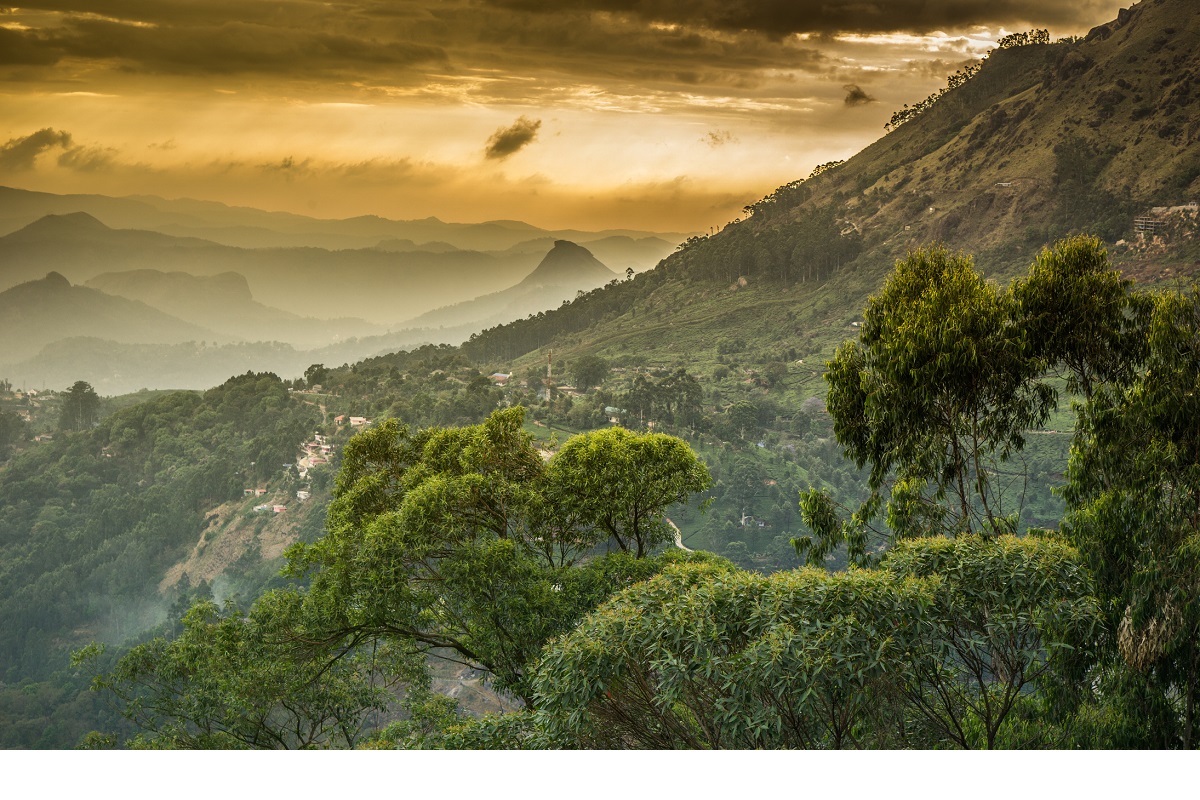MV Govindan retained as CPM Kerala secretary for another term
The 24th CPI-M Kerala state conference which concluded in Kollam on Sunday, has elected incumbent MV Govindan as the state secretary of the party.
In the case of Kerala, the state’s Biodiversity Board has been empowered to demarcate the area, and its recommendations would be accepted, he said.

(Representational Image; iStock)
The Environment Ministry on Friday notified yet another draft for demarking 46,832 sq km areas across five states sans Kerala as the Ecologically Sensitive Areas (ESA) of the Western Ghats, delayed by almost a decade much to the chagrin of the environmentalists.
It is imperative to notify the final ESA as early as possible in view of the increasing extreme weather events leading to loss of lives and damage to property along the Western Ghats. It is exacerbated due to human activities that are, as per environmentalists, detrimental to the ESA in the fragile ecology of the Ghats.
Advertisement
A global biodiversity hotspot, the Western Ghats – parts of which are inscribed in the UNESCO World Natural Heritage List – are the origin of Godavari, Krishna, Cauvery and a number of other rivers and extends over a distance of approximately 1,500 km from Tapti river in the north to Kanyakumari in the south through six states namely, Gujarat, Maharashtra, Goa, Karnataka, Kerala and Tamil Nadu.
Advertisement
Originally, the Madhav Gadgil-led committee had recommended designating the entire region as Ecologically Sensitive Area (ESA) — more than 1 lakh sq kms — in the 522 page report submitted to the Environment Ministry in 2011 while the Kasturirangan panel, constituted soon after that had diluted it to about 50 per cent area.
The Environment Ministry had constituted a High Level Working Group to study the ecology, environmental integrity and holistic development of the Western Ghats. It was to address the balance between protection of environment / biodiversity and aspirations of the communities. It had submitted its report on April 15, 2013 wherein it had identified approximately 37 per cent of the Western Ghats as ecologically sensitive covering an area of 59,940 sq kms.
The first draft notification was issued on March 10, 2014 that mentioned ESA for other states as recommended by the High Level Working Group (13,108 sq kms) and for Kerala, mentioned the area as recommended by the state (9,993.7 sq kms). That was followed by consultation with stakeholders, including states and there came a series of drafts, last of which expired on June 30.
This time round, the latest draft notified on July 6 has recommended an ESA totaling to 46,832 sq km sans Kerala’s. It comprises 449 sq kms in Gujarat, 17,340 sq kms in Maharashtra, 1,461 sq km in Goa, 20,668 sq kms in Karnataka and 6,914 sq kms in Tamil Nadu.
“We have given 60 days for feedback from stakeholders, after which, it will be discussed with the states again,” said a senior official of the Environment Ministry.
In the case of Kerala, the state’s Biodiversity Board has been empowered to demarcate the area, and its recommendations would be accepted, he said.
Expressing displeasure — and this is not the first time he has said this — about the Kasturirangan report, Gadgil told IANS on phone, “They did not just reduce the area but also wanted to push it through bureaucratic methods. Their report can best be described as sabotage; it has no scientific basis.”
Elaborating on why he calls it undemocratic, Gadgil said, “We had suggested involvement of the local community. As per the Kasturirangan report says ‘how can the local community have a say in decision making?’ For instance — a village facing landslides has the right to say yes or no for a mining project.”
The Centre may notify (the ecologically sensitive area), Gadgil said, “But it is the implementation that will be done in a bureaucratic manner and not in democratic manner.”
Advertisement